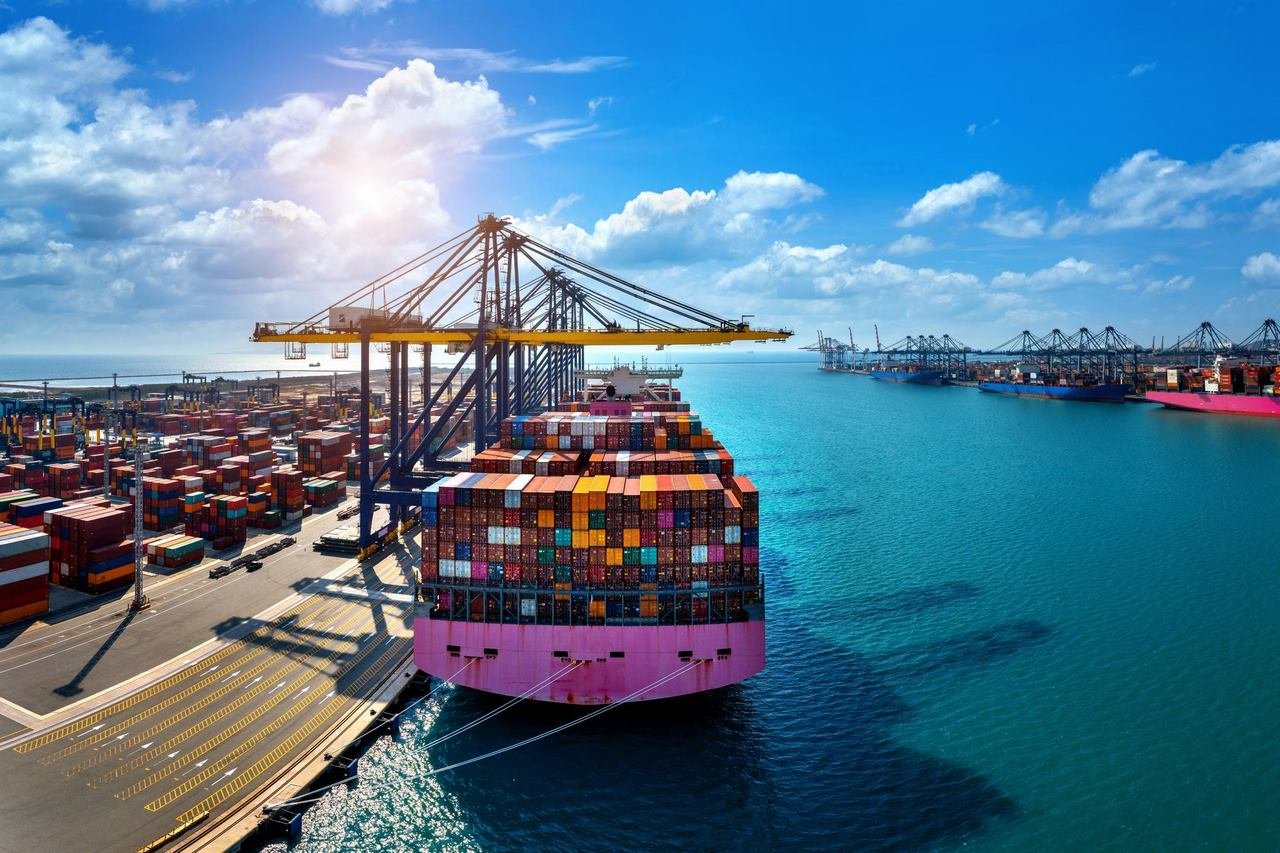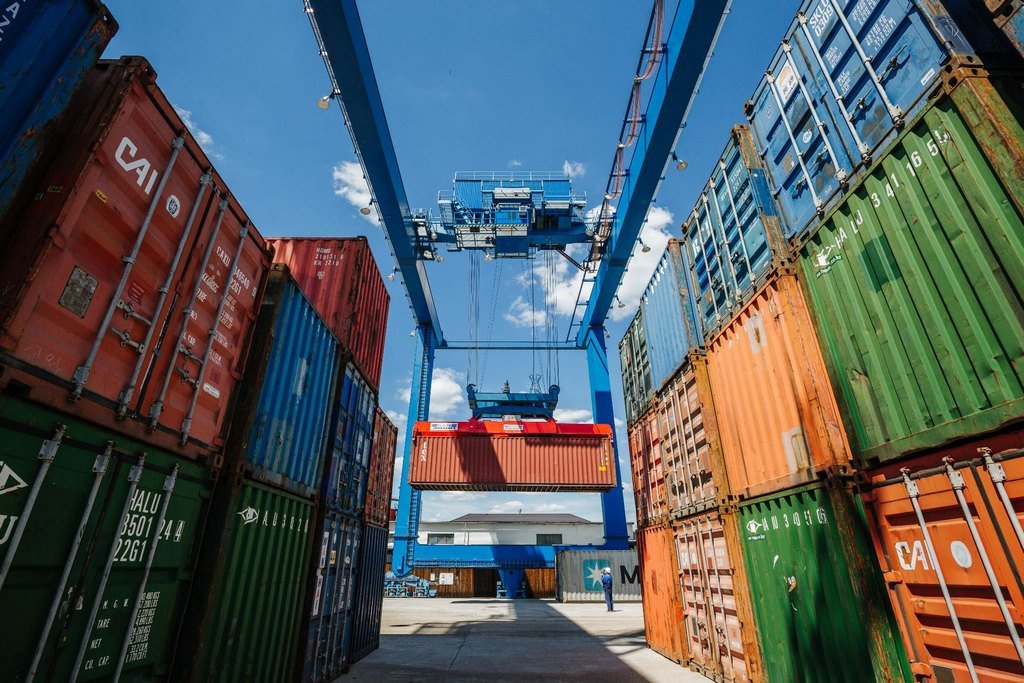In the dynamic and high-stakes world of international metal trade, selecting the right partner can be the difference between consistent growth and costly missteps. Whether you’re dealing with copper, aluminum, nickel, zinc, or rare earth elements, the success of your global operations hinges on a partner who is not just logistically capable—but strategically aligned with your goals.
The Strategic Importance of Picking the Right Trading Partner
For businesses seeking stability in a volatile market, identifying the top export-import company for raw materials should be treated with the same rigor as choosing a financial advisor or engineering consultant. Keep Us with Steelbridge Export to explore more.
What Defines a Reliable Metal Trade Partner?
The right partner in international metal trade must go beyond just sourcing and shipping. Key criteria to look for include:
Global Supply Chain Reach
A strong trading partner has a multi-continent presence and can access raw materials from diversified sources, reducing dependency on any single country or region.Regulatory and Compliance Expertise
Trade compliance is critical. From customs documentation to sanctions and environmental standards, your partner should guide you through international legal landscapes seamlessly.Financial Stability
The metals market operates on tight margins and fluctuating prices. A trustworthy partner has the capital and creditworthiness to handle large-volume orders without risk.Technical Know-How
Knowledge of commodity-specific handling (e.g., how to transport raw aluminum versus refined copper) and industry-specific quality standards is essential.
 Red Flags to Avoid in Metal Trade Partnerships
Red Flags to Avoid in Metal Trade Partnerships
Choosing the top export-import company for raw materials means avoiding some all-too-common pitfalls:
Lack of Transparency
If a company avoids sharing sourcing origins, pricing models, or shipping details, it’s a red flag. You need transparency at every stage—from procurement to delivery.No Traceable Record
A reputable trade partner should have public case studies, references, or even compliance certifications that prove their legitimacy and reliability.Poor Risk Management
If your trading partner has no strategy for handling currency fluctuations, geopolitical disruptions, or logistical delays, your operations are vulnerable.
Questions to Ask Before Signing a Metal Trade Agreement
Do you work with multiple suppliers per metal type?
This reduces single-source dependency.What quality control mechanisms do you have in place?
Look for certifications like ISO 9001 or on-site inspections.Can you handle both bulk and just-in-time deliveries?
Scalability is critical as your project needs evolve.What regions do you have logistics operations in?
A global footprint indicates robust supply chain management.How do you ensure compliance with international trade laws?
This includes customs clearance, documentation, and environmental standards.
Traits of the Top Export-Import Companies for Raw Materials
Companies that dominate the raw material trade typically exhibit these traits:
Custom-Tailored Procurement Strategies
They help clients optimize pricing, timing, and supplier selection to meet exact business needs.Advanced Technology Integration
From real-time shipment tracking to AI-driven demand forecasting, top players bring tech innovation to the table.Experience Across Industries
Whether it’s construction, automotive, energy, or electronics, they understand the material specifications and compliance issues that vary by industry.Sustainability Focus
The best firms ensure ethical sourcing, minimize carbon footprints in transportation, and follow ESG (Environmental, Social, Governance) principles.
How to Vet a Company’s Global Capabilities
When you’re evaluating a potential partner, examine:
Their Export History: Do they consistently work with clients in Asia, Europe, or Africa?
Languages and Local Expertise: Can they handle paperwork and cultural nuances in multiple jurisdictions?
Infrastructure Ownership: Do they operate warehouses, processing centers, or dedicated shipping lines?
These factors help determine if the company can truly be called a top export-import company for raw materials—or just a middleman.

Partnering for the Long Haul
Metal trading is not a one-off transaction. The right company grows with your business. Look for partners who offer long-term planning, hedging strategies, and flexible contracts. They should also understand your unique vertical—whether you’re managing a steel-reliant construction project or building battery systems that depend on cobalt and lithium.
Many companies now build strategic joint ventures with their supply chain partners to reduce risk and improve integration. These partnerships can secure better pricing, more stable supply, and easier entry into new international markets.
Case Example: Building Trust Across Continents
A European manufacturer of electric vehicle components partnered with a top-tier Asian exporter specializing in refined nickel. Over two years, they developed a just-in-time delivery model that reduced warehousing costs by 35% and allowed them to scale production without material delays. This is the type of value creation only top international trade partners can deliver.
Conclusion: Prioritize Capability Over Cost
While price will always be a factor, it’s essential to prioritize capability, transparency, and alignment with your business values. In the world of international trading of raw materials, reputations are built over decades—not days.
A smart company will always partner with the top export-import company for raw materials to ensure reliability, scalability, and global reach.
❓Meta Questions and Answers
1. What makes a company the best partner for international metal trade?
Global reach, regulatory expertise, financial stability, and transparency.
2. Why is compliance so important in raw material trading?
Because errors in customs, sanctions, or documentation can lead to delays or legal risks.
3. How can you verify a company’s reputation in the metal trade industry?
Check for case studies, client testimonials, and trade certifications.
4. Should you choose a trading company based on price alone?
No. Price is important, but reliability, risk management, and quality control are even more crucial.
5. Can a trading partner help with long-term supply planning?
Yes. Top partners often offer hedging strategies, inventory management, and flexible contracts to support growth.








